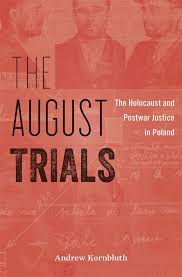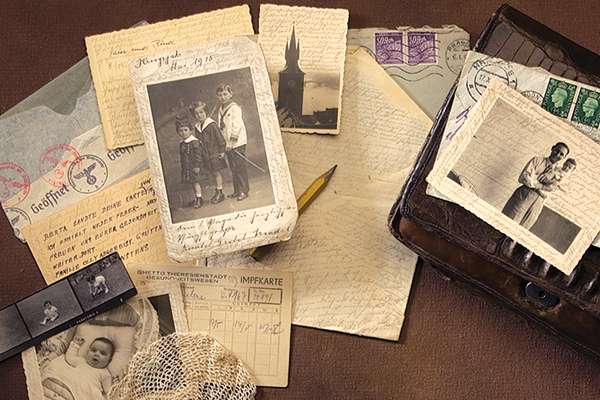Andrew Kornbluth, PhD Candidate, History, University of California, USA

Andrew Kornbluth is currently completing a dissertation entitled “Poland on Trial: Postwar Courts, Collaboration, and the Holocaust, 1944-1956.”
Making use of unpublished memoirs, interviews, ministerial archives, and hundreds of individual trial records, his dissertation examines how the Polish judicial system dealt with citizens accused of collaboration in a country which was otherwise famous for being the only state in occupied Europe “without a Quisling.” In particular, he focuses on how the combination of a weak Soviet-backed government, a conservative and sometimes nationalistic judiciary bent on preserving its independence, vague laws, and a reluctant society impeded the search for justice on behalf of Jews who had been murdered or exploited by their gentile neighbors during the war. Ultimately, the Polish example reveals striking parallels with other processes of abortive postwar justice on either side of the Iron Curtain, suggesting the extent to which ethnic cleansing and its judicial aftermath were part of a pan-European experience, and raising questions about our modern-day infatuation with international and transitional justice as an alternative to failures of the political and social order.
In addition to his doctoral studies, Mr. Kornbluth has also conducted archival research in Serbia on the topic of collaboration and national identity in that country during the Second World War. He has been the recipient of fellowships from the Foreign Language and Area Studies program, the American Council of Learned Societies, the International Research and Exchanges Board, as well as the United States Holocaust Memorial Museum. His doctoral advisers are Profs. John Connelly, Yuri Slezkine, and Jason Wittenberg.

